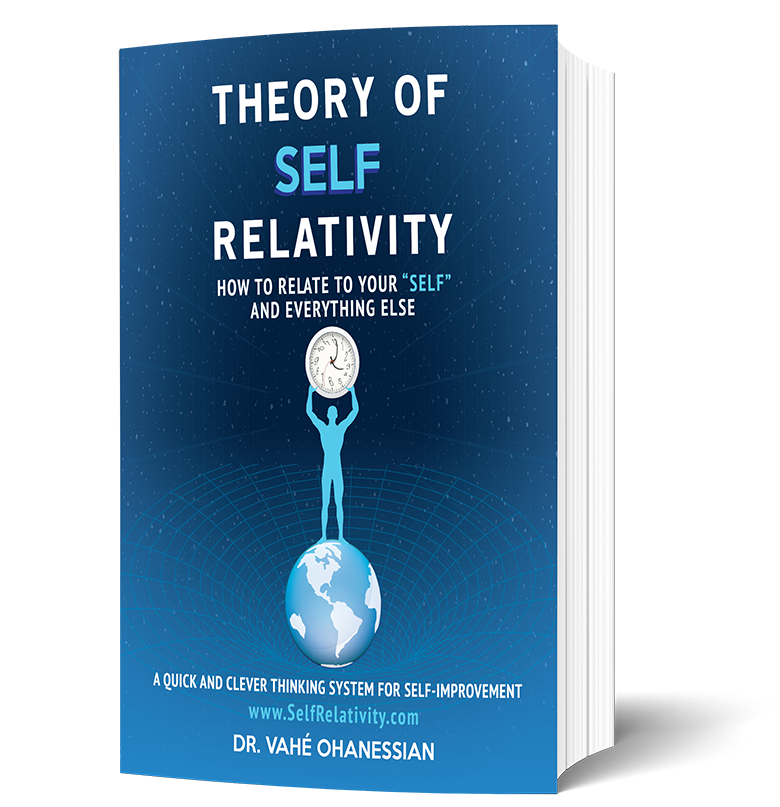Non-Negotiables
The Two Non-Negotiables for Self-Improvement
Theory of Self-Relativity identifies “desire” and “introspection” as the two non-negotiables for change, personal-development and for self-improvement.
In order to change and improve, we must want to change and we must know what we need to change.
Without the desire to change and without knowing what to change no system, not even System of Self-Relativity could help a person to change.
Change is a process not an event therefore no matter how wealthy or successful someone is and no matter how accomplished they are; they should continue on changing for the better because the minute they stop they will begin to lose their harmony with The-Universe. If someone claims that they don’t need to change because there is nothing wrong with them; such individuals will not be open to change and improvement and interactions and relationships with such defensive individuals would be one-sidedly unfair if not impossible in the long-term. Therefore, desire to change is a non-negotiable for self-improvement hence if you are inquiring about Theory of Self-Relativity, you most probably have the desire to change.
The other non-negotiable for self-improvement is introspection. Although there are multitude of definitions for introspection, Theory of Self-Relativity defines “introspection” as;
“A person’s awareness, observation, and understanding of one’s own mental-processes and emotional-traits”.
Introspection in simple terms is “Self-Inspection”. In order for us to know what personal-weaknesses and self-deficiencies we can improve; we must be able to identify and recognize things that need improvement. Without proper diagnosis we won’t be able to resolve or eliminate a problem.
However, introspection for many is an emotionally difficult undertaking because introspection forces us to identify and recognize our personal-weaknesses and shortcomings that we have been trying to ignore, avoid and cover-up. Introspection commonly brings out many difficult emotions and personal-traits because things that need change and improvement are often uncomfortable, dislikable and even painful. These weaknesses and shortcomings are the most common causes of why we have difficulty in changing and improvement. It is this avoidance of dealing with negativities and personal-weaknesses which causes us to engage in self-deception. Instead of identifying and resolving our negativities and weaknesses, we often choose to fabricate false-thoughts and fallacious-beliefs so that we could avoid pain, we could feel good, or at the minimum, we could feel less-bad than if we would’ve had to face these negativities and shortcomings. Self-deception due to inability to introspect causes us to feel good temporarily without resolving the underlying issues permanently.

